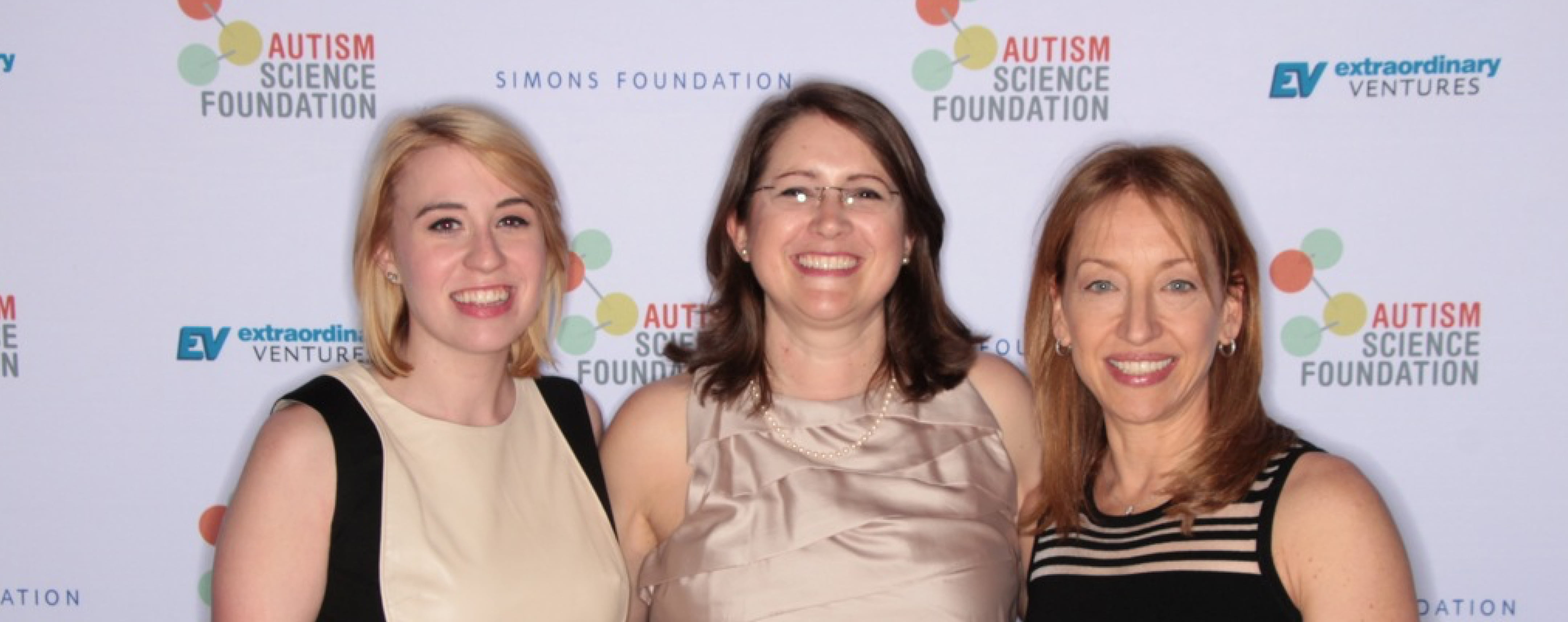Human in vitro models for understanding mechanisms of autism spectrum disorder
Early brain development is a critical epoch for the development of autism spectrum disorder (ASD). In vivo animal models have, until recently, been the principal tool used to study early brain development and the changes occurring in neurodevelopmental disorders such as ASD. In vitro models of brain development represent a significant advance in the field. Here, we review the main methods available to study human brain development in vitro and the applications of these models for studying ASD and other psychiatric disorders. We discuss the main findings from stem cell models to date focusing on cell cycle and proliferation, cell death, cell differentiation and maturation, and neuronal signaling and synaptic stimuli. To be able to generalize the results from these studies, we propose a framework of experimental design and power considerations for using in vitro models to study ASD. These include both technical issues such as reproducibility and power analysis and conceptual issues such as the brain region and cell types being modeled.

